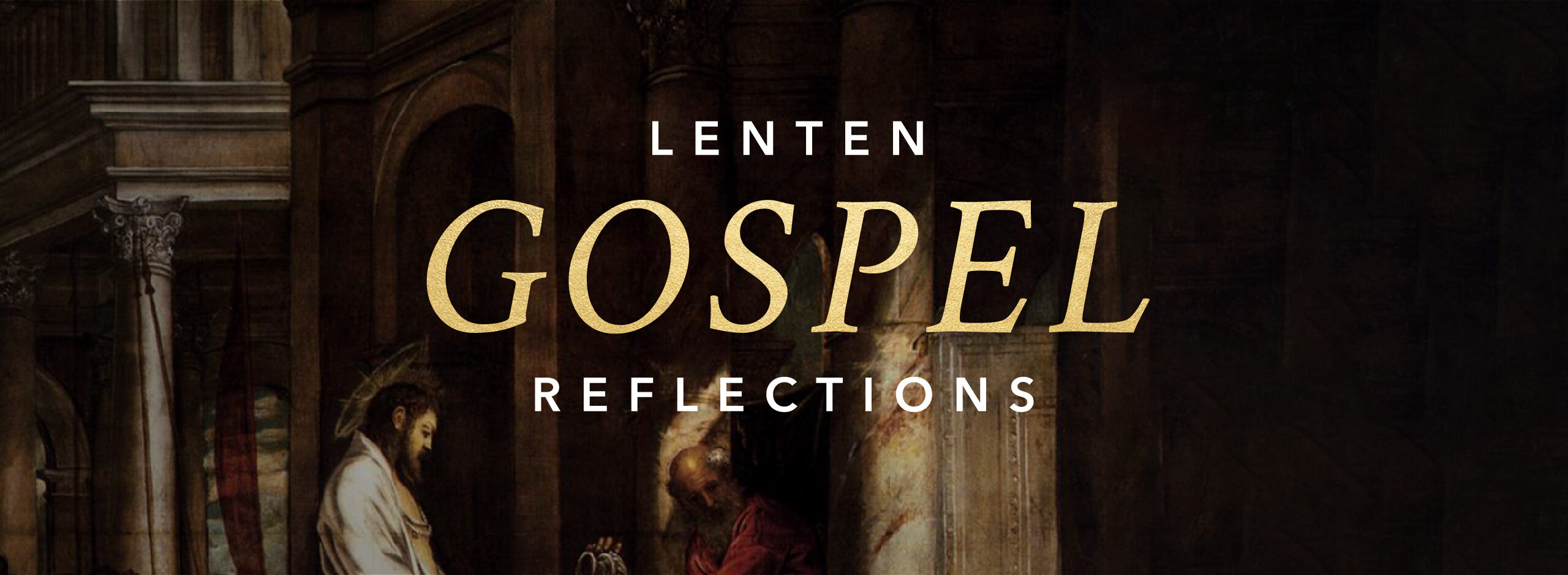Friends, in today’s Gospel, Jesus declares that he has come to fulfill the Law.
The same Jesus who railed against the hypocritical legalism of the Pharisees also said, “I have come not to abolish the law but to fulfill it.” And the same Jesus who threatened to tear down the temple in Jerusalem also promised to “raise it up” in three days.
The point is this: Jesus certainly criticized the corruption in the institutional religion of his time, but he by no means called for its wholesale dismantling. He was a loyal, observant, law-abiding Jew.
What he effected was a transfiguration of the best of that classical Israelite religion—temple, law, priesthood, sacrifice, covenant—into the institutions, sacraments, practices, and structures of his Mystical Body, the Church.
Lots of New Age devotees today want spirituality without religion, and lots of evangelicals want Jesus without religion. Both end up with abstractions. But the one thing Jesus is not is an abstraction. Rather, he is a spiritual power who makes himself available precisely in the dense institutional particularity of his Mystical Body across space and time. Jesus didn’t come to abolish religion; he came to fulfill it.
